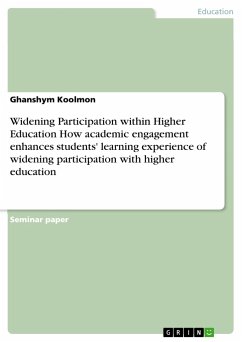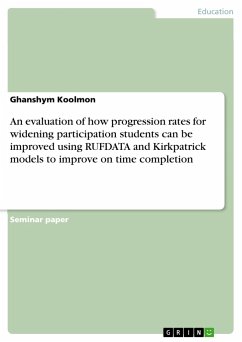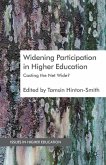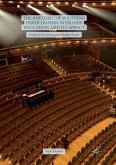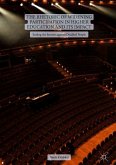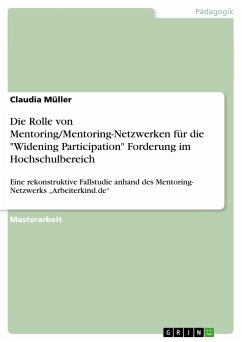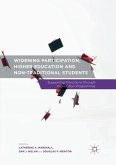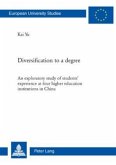Seminar paper from the year 2016 in the subject Pedagogy - Higher Education, grade: -, , language: English, abstract: Students in the higher education can be categorised under traditional and non-traditional. While traditional students are typically referred to as those belonging to the 18-24 years age group, of middle/ upper class with a family history of higher education, non-traditional students have been generally considered as those belonging to diverse ethnic race, gender, social class, economic background of family and finally age. Among these non-traditional students, mature students, those above the age of 24, who may not have had the opportunity to pursue higher education before, face significant challenges as students pursuing higher education. Nontraditional mature students differ from the younger generation in many ways. Mature students could find it perplexing to adapt into a learning environment where they have faced many challenges to compete with the different level of age group students besides that fact that they have additional emotional and financial burdens. These barriers between mature students deeply affect their academic performance and may even prevent them in initiating new courses. The academic performance and its relationship with academic engagement of mature students in higher education need to be assessed in order to understand the influence on the Widening Participation programs across the UK. The aim of this paper is to explore previous research undertaken on the contribution of academic management and how it influences the widening participation. Based on the research aim and questions developed, existing literature on academic engagement, student performance, academic learning experience, assessment models were studied in detail. Kirkpatrick's Four Level Model of evaluation was selected in the present study to assess its suitability for the evaluation of mature students in higher education. The analysis revealed the optimum evaluation model needed for mature students as well as the relationship between student learning experiences and academic engagement in Widening Participation scenario of UK. However, it is argued that mature students have major influences on younger students by enriching the learning experience of younger students and hence giving them the opportunity to learn a range of life skills.
Hinweis: Dieser Artikel kann nur an eine deutsche Lieferadresse ausgeliefert werden.
Hinweis: Dieser Artikel kann nur an eine deutsche Lieferadresse ausgeliefert werden.

